Sustainable Urban Mobility Pathways —— Policies, Institutions, and Coalitions for Low Carbon Transportation in Emerging Countries
----- 可持续城市交通途径
Sustainable Urban Mobility Pathways examines how sustainable urban mobility solutions contribute to achieving worldwide sustainable development and global climate change targets, while also identifying barriers to implementation and strategies to overcome them. Building on city-to-city cooperation experiences in Europe, Asia, Africa and Latin America, the book examines key challenges in the context of the Paris Agreement, UN Sustainable Development Goals and the New Urban Agenda, including policies needed to achieve a sustainable, low-carbon pathway for transport and how an integrated policy strategy is designed to provide a basis for political coalitions. The book explores which institutional framework creates sufficient political stability and continuity to foster the take-up of and long-term support for sustainable transport strategies. The linkages of climate change and wider sustainable development objectives are covered, including success stories, best practices, and quantitative analysis for key emerging economies in public transport, walking, cycling, freight and logistics, vehicle technology and fuels, urban planning and integration, and national framework policies.Provides a holistic view of sustainable urban transport, focusing on policy-making processes, the role of institutions and successes and pitfallsDelivers practical insights drawn from the experiences of actual city-to-city cooperation and on-the-ground policy workExplores options for the integration of policy objectives and institutional structures that form coalitions for the implementation of sustainable urban mobility solutionsDescribes the policy, institutional, political, and socio-economic aspects in cities in five emerging economies: Brazil, China, India, Mexico, and Turkey
{{comment.content}}
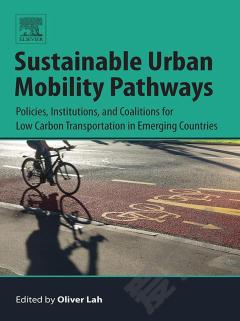

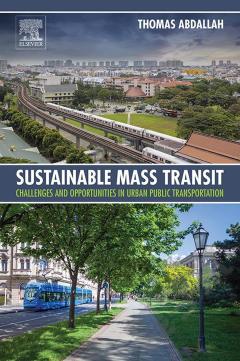
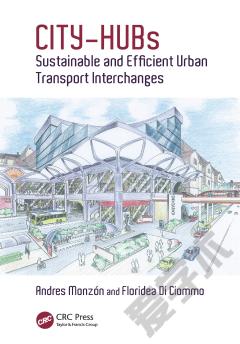
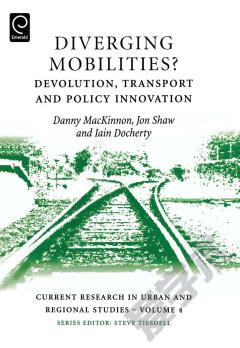

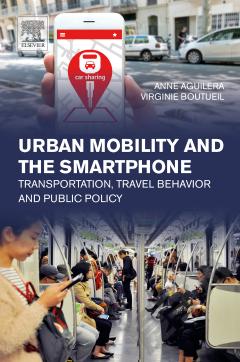

 京公网安备 11010802027623号
京公网安备 11010802027623号